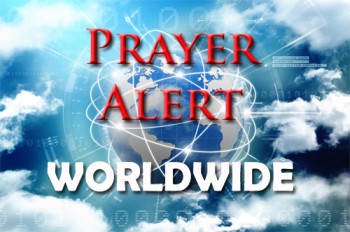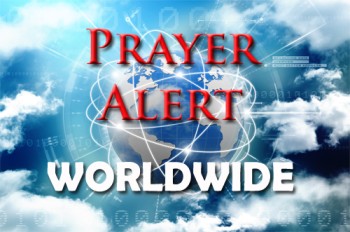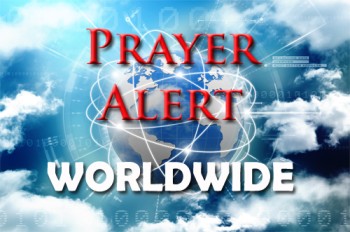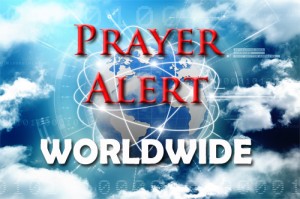Displaying items by tag: blockade
Gaza: aid blockade reaches sixty days, USA defends Israel at ICJ
Israel’s total blockade of Gaza, cutting off food, water, and medicine on 2 March, has reached sixty days. The humanitarian crisis is deepening, with the UN warning of imminent famine and the World Food Programme reporting all bakeries shut down and food stocks exhausted. Displacement and ‘no-go’ zones enforced by the IDF prevent access to farmland and supplies. Soup kitchens are close to closure, families are resorting to unsafe food, and prices have risen over 500%. Aid trucks remain stuck at borders. Hospitals are overwhelmed, with deaths rising due to the lack of basic medical supplies. Meanwhile, the International Court of Justice is hearing arguments on Israel’s humanitarian obligations. The USA has defended Israel’s actions and its refusal to cooperate with UNRWA, citing security concerns. The international community faces mounting pressure to intervene and prevent the total collapse of Gaza’s food and health systems. Meanwhile, opposition to Netanyahu’s determination to continue the war, especially from military reservists, is growing: see
Armenia: Nagorno-Karabakh blockade continues
Asmaryan eats potatoes for every meal. He lives with 120,000 other ethnic Armenians in Nagorno-Karabakh, an enclave in Azerbaijan in the South Caucasus. They are cut off from Armenia by the Azerbaijani blockade of the Lachin Corridor, the only road in or out of Nagorno-Karabakh. They are under siege, with little food, essential medicines, hygiene products, baby formula, or fuel. Residents believe Azerbaijan wants to starve them into submission so that if or when the road reopens, they leave. It is a slow-motion genocide, with hunger the weapon. Asmaryan said outsiders don’t care about Karabakh as they have no natural resources: ‘They talk about human rights but do nothing.’ However, the Archbishop of London’s Coptic Orthodox Church, the Primate of the Armenian Church of the UK, the Bishop of Southwark, and other church leaders have written an open letter to Rishi Sunak urging immediate action to open the Lachin Corridor and prevent genocide. Also, Armenians will demonstrate in Yerevan on 2 September to express unity with Nagorno-Karabakh.
Nagorno-Karabakh - prayer still needed
In January we prayed for the 120,000 Christians stranded in Nagorno-Karabakh, a landlocked enclave between Armenia and Azerbaijan, asking God to halt the obstructions to one of Christianity's oldest communities. The situation continues and requires immediate action. Currently, inhabitants of Nagorno-Karabakh cannot travel freely out of the region; 954 are still stranded on either side of the corridor. Only the Red Cross and Russian peacekeepers’ vehicles are allowed to travel along this corridor, which is clearly insufficient to fulfil the needs of the population. It is vitally important that goods can get through in time for the sowing season. Furthermore, the repeated disruption of gas and electricity supply to the territory has resulted in serious violations of the rights of the inhabitants: many have lost their jobs and children are deprived of education since schools had to close. Azerbaijani military positions are within Armenian sovereign territory, sometimes well beyond any disputed border.
Yemen: civilians suffer from blockade
A Saudi-led coalition backing Yemen's government will not allow rebel-controlled air and sea ports to reopen until a better system is created to prevent weapons being smuggled from Iran. The coalition tightened its two-year blockade after a ballistic missile was fired at Riyadh airport. Iran denied arming Houthi rebels, and said the missile launch was ‘an independent action’ in response to coalition ‘aggression’. 2,000+ have died since April from cholera, and 3,500 cases are being treated daily. The blockade will undo efforts to curtail its spread. 27,000 children a month are treated for severe and acute malnutrition. With no aid deliveries, nutrition supplies will run out within two months, affecting the treatment of 400,000 children over the coming year. The children will bear the scars of this conflict long into the future. Civilians are the only people paying the price for political wrangling.



